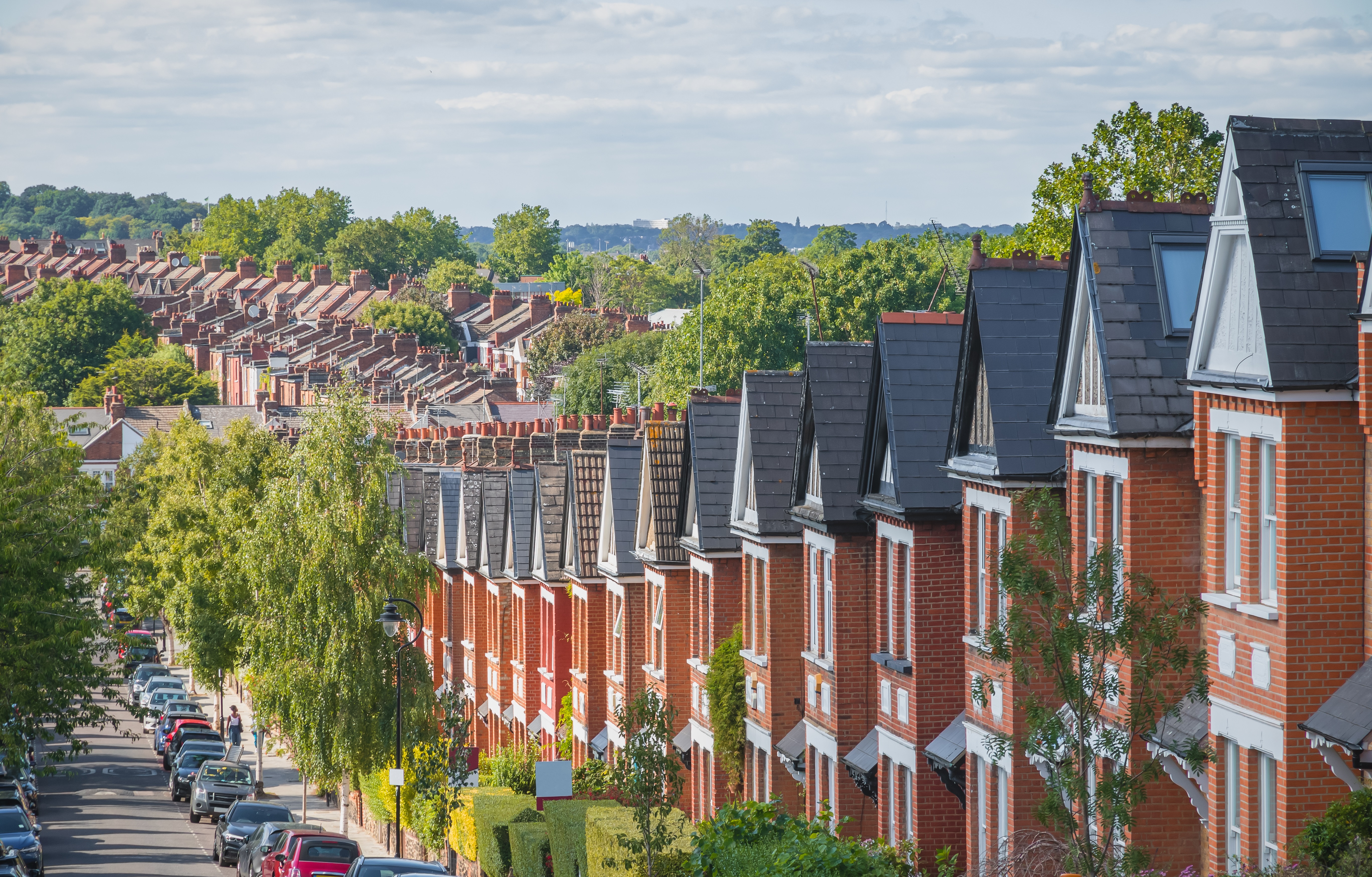Preserving the value of your leasehold property

What is a lease?
It is commonly understood that a lease is a time-limited form of ownership of property. It is also commonly understood that, in order to preserve the value of a lease, it can be necessary to extend its term, to ensure that the risk of the lease expiring is avoided.
When should a lease be renewed?
What is perhaps not so commonly understood is when this needs to be done, and in truth there is more than one answer to this question. At one extreme, if there are perhaps 120 years or so left of the lease, any action to extend the term would generally be considered unnecessary. At the other end of the spectrum, if the number of years left on the lease term is half of this (or fewer), then the need to take action to extend the lease has become urgent.
Within this spectrum, much depends on the particular requirements of buyers and mortgage lenders. Cash buyers with a relaxed attitude to risk, or investors, might be happy with an unexpired lease term of 70 years, which is also a standard minimum for many of the most popular mortgage lenders. However, more cautious buyers with more particular mortgage lenders might require at least 90 years. Other lenders will require the unexpired term of the lease to be at least a specified number of years beyond the end of the mortgage term.
Extending a short lease
In any case though, it will be invariably be more expensive for a tenant to extend a shorter lease. Buying more years from a landlord attracts a cost, and the more years which are needed the more the landlord is likely to charge. In this sense, it can be advantageous to extend the lease at the earliest opportunity, perhaps once the unexpired term reaches two figures, to avoid a higher premium at a later date.
Here at David Gray Solicitors, we are unable to advise on the amount you should expect to pay to extend your lease. For this, you would need to seek an expert valuation. We would advise that you do this whenever you are paying any more than a nominal amount to extend your lease, whichever method of extending the lease you are using.
Terms of renewal lease
However, once agreement has been reached with the landlord regarding the amount payable, we will be able to assist with the work needed to ensure that you obtain what you are paying for. This includes advising on the terms of the renewal lease (and ensuring that it is in an acceptable form consistent with your existing lease), making sure that the lease extension complies with any requirements arising from the landlord’s title and your obligations under your own mortgage, and ultimately registering the extended lease at the Land Registry following completion.
If you are unable to reach agreement with the landlord over the amount payable to extend your lease, then if you have held the lease for at least two years you can serve notice initiating the statutory lease extension procedure. Normally, regardless of for how long you have owned leasehold property or how long is left on the lease, a quote for extending the lease will be available. Aware of the statutory rights tenants have, landlords will usually be happy to extend a tenant’s lease at the right price.
Statutory Procedure
However, if agreement over the right price is not forthcoming, or if the landlord is simply being slow to respond to negotiations, you can use the statutory procedure to seek an extension of the lease if you have owned the property for two years, and this is something else with which we can assist at David Gray. You would of course be advised to obtain an expert valuation of the fair premium payable for extending the lease before embarking on the statutory route, particularly as you will need to be prepared to cover the landlord’s costs (although this is often true of a privately negotiated lease extension as well).
Ultimately, wherever your leasehold property is located, however long is left on the lease, and whether or not the landlord is receptive to an extension of the lease on reasonable terms, for leasehold property owners it is always sensible to have one eye on the ticking hands on the clock of the lease term. Then, once you have made the decision to reset, it is equally sensible to make sure that you are properly advised on what is involved, in order to preserve the value of your leasehold property and give you peace of mind that your asset is marketable.
Contact
Call our specialist leasehold solicitors if you need advice on lease extensions or any other area of property law on 0191 243 8167 or complete this form and we’ll get back to you.



